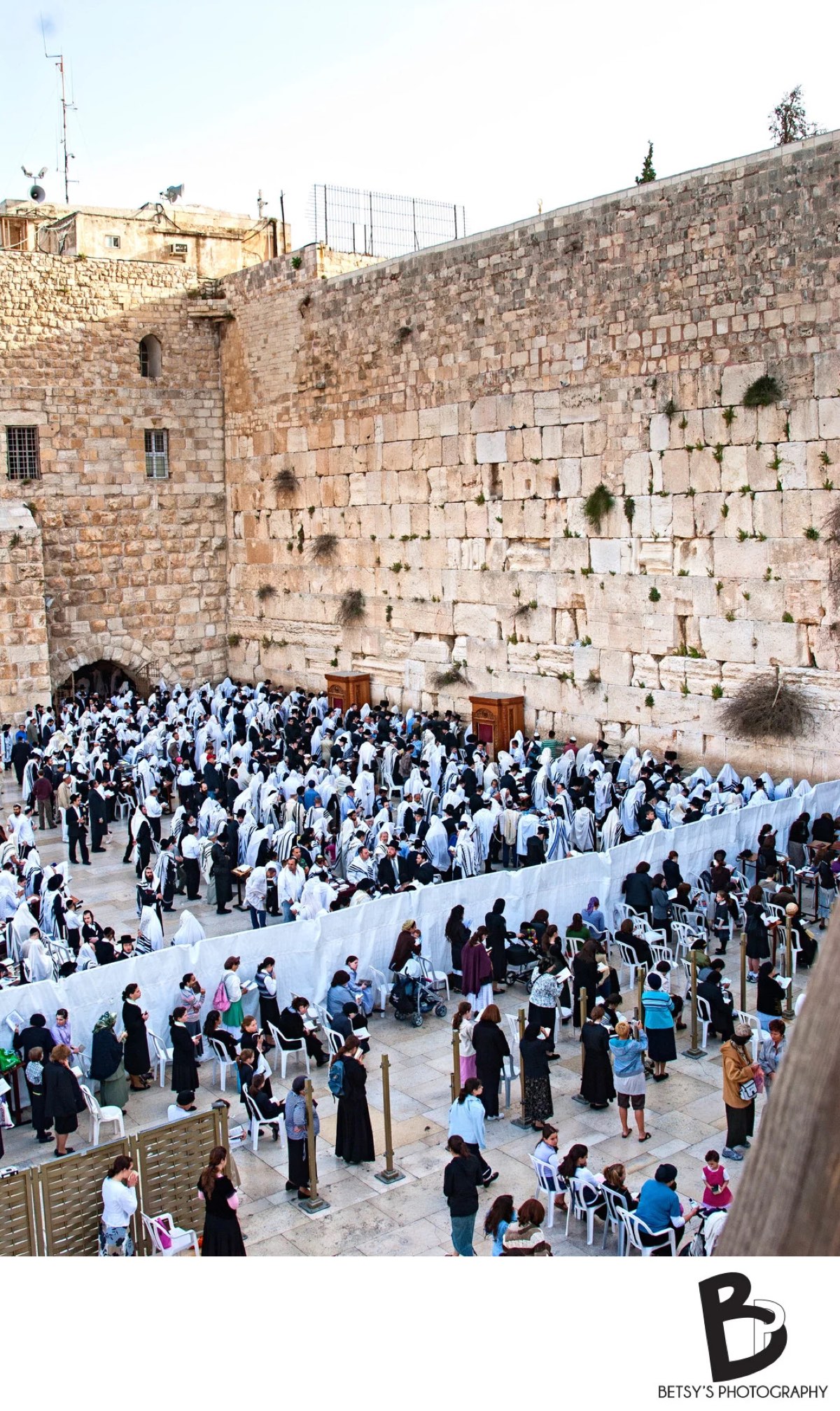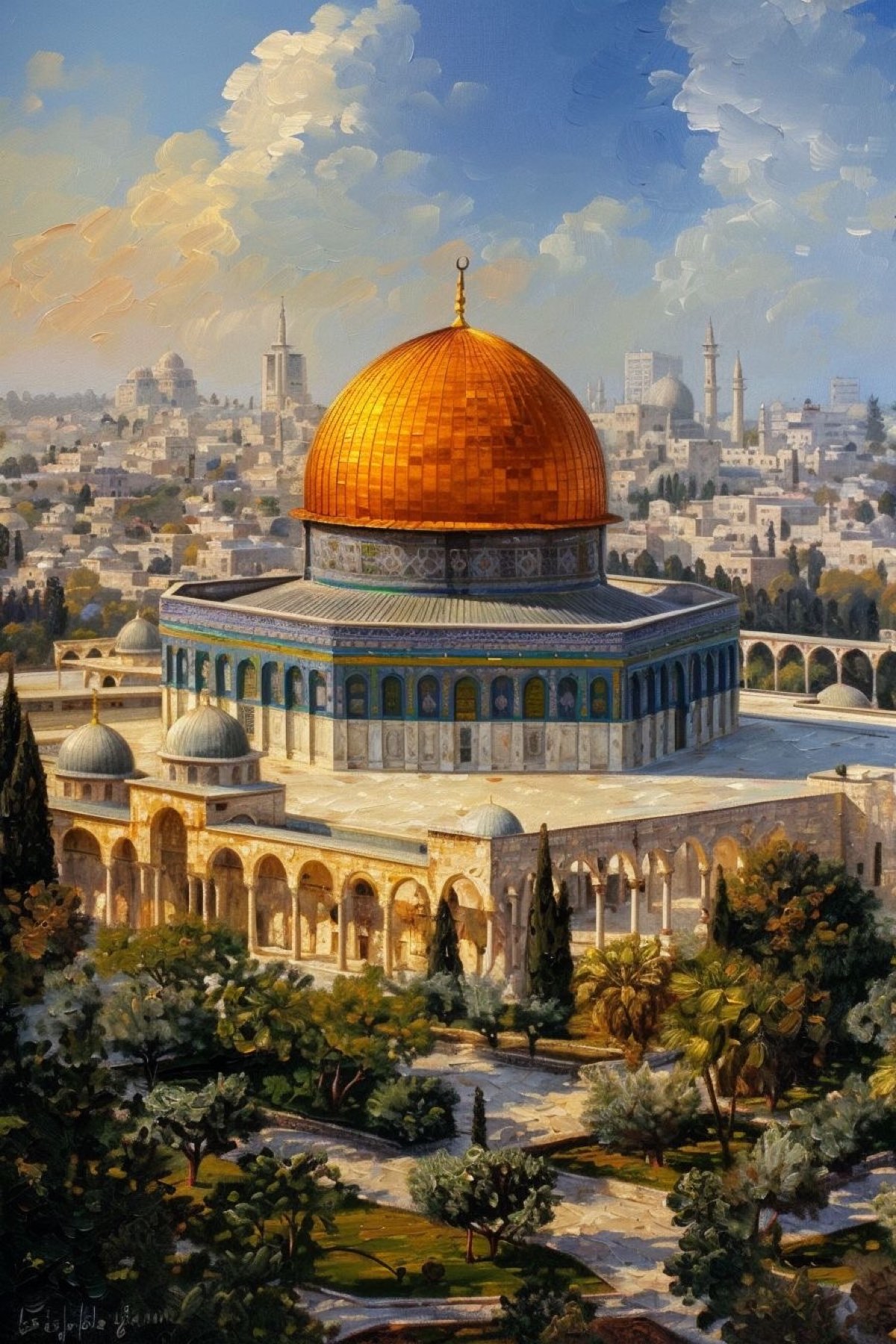Why was the Jewish temple so vital to be attached to the person of Abraham?
The Jewish temple was so vital to be attached to the person of Abraham because Abraham was the founder of Judaism and the first person to make a covenant with God. The covenant was a promise that God made to Abraham and his descendants, that they would be God's chosen people and inherit the land of Canaan, also known as the Promised Land.
The temple was the place where the Jews worshipped God and offered sacrifices, as well as the symbol of their connection to God and the Promised Land. The temple was also believed to be the dwelling place of God's presence on earth, also known as the Shekhinah. Therefore, the temple was a vital link between Abraham, the father of Judaism, and God, the creator and protector of Judaism.
Did Abraham know that the temple would be built on the site where he almost sacrificed his son?
There is no definitive answer to whether Abraham knew that the temple would be built on the site where he almost sacrificed his son. Different traditions and interpretations have different views on this question. Here are some possible perspectives:
According to Jewish tradition, Abraham was aware of the future significance of Mount Moriah, as he named it "the Lord will provide" (Genesis 22 verse 14), implying that God would provide a place for His presence and worship there. Some Jewish sources also suggest that Abraham saw a vision of the future temple when he ascended the mountain with Isaac.
According to Christian tradition, Abraham did not know the exact location of the future temple, but he had faith that God would fulfill His promises to him and his descendants. Some Christian sources also see Abraham's sacrifice of Isaac as a foreshadowing of God's sacrifice of His Son, Jesus Christ, on the cross.
According to Islamic tradition, Abraham did not sacrifice Isaac, but Ishmael, his firstborn son by Hagar. Muslims believe that Abraham and Ishmael built the Kaaba, the house of God, in Mecca, which is the holiest site in Islam. Muslims do not consider the Temple Mount in Jerusalem as the place where Abraham offered his son, but rather as the place where Muhammad ascended to heaven during his night journey.


